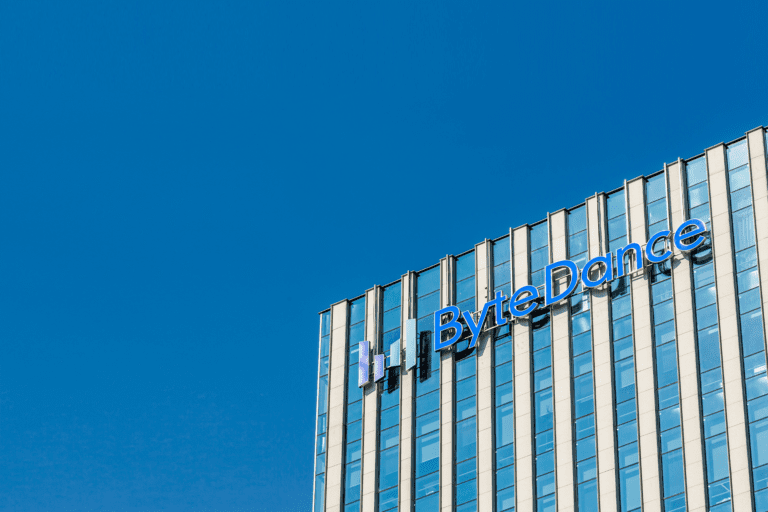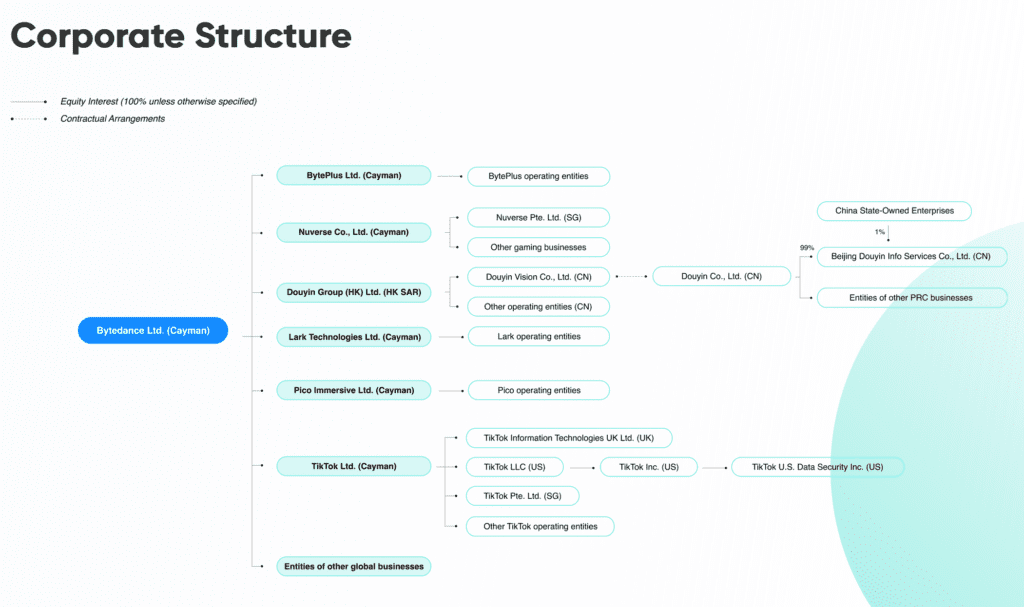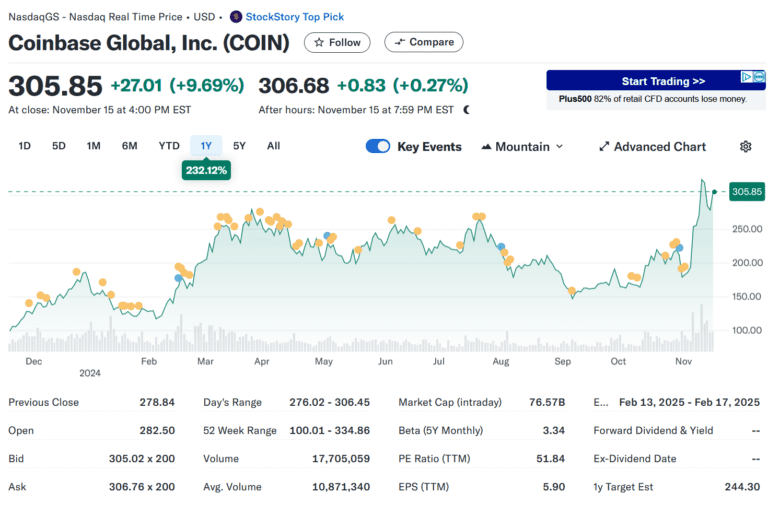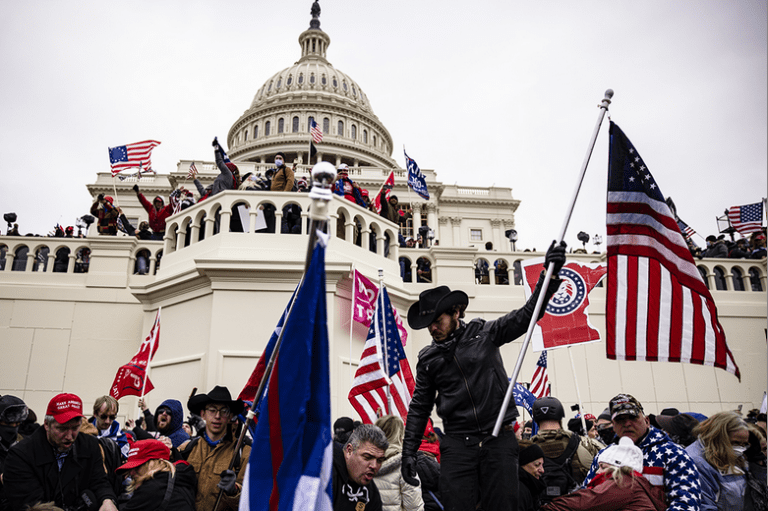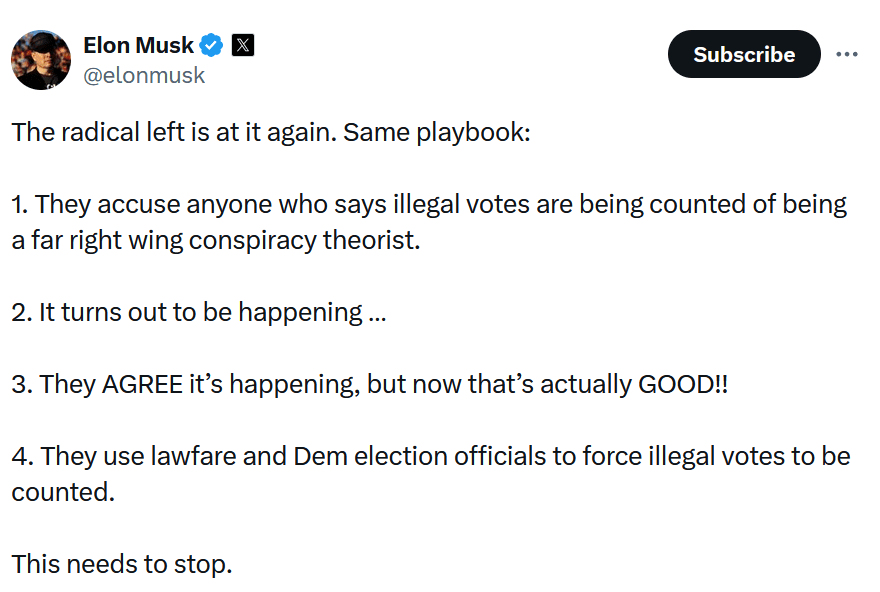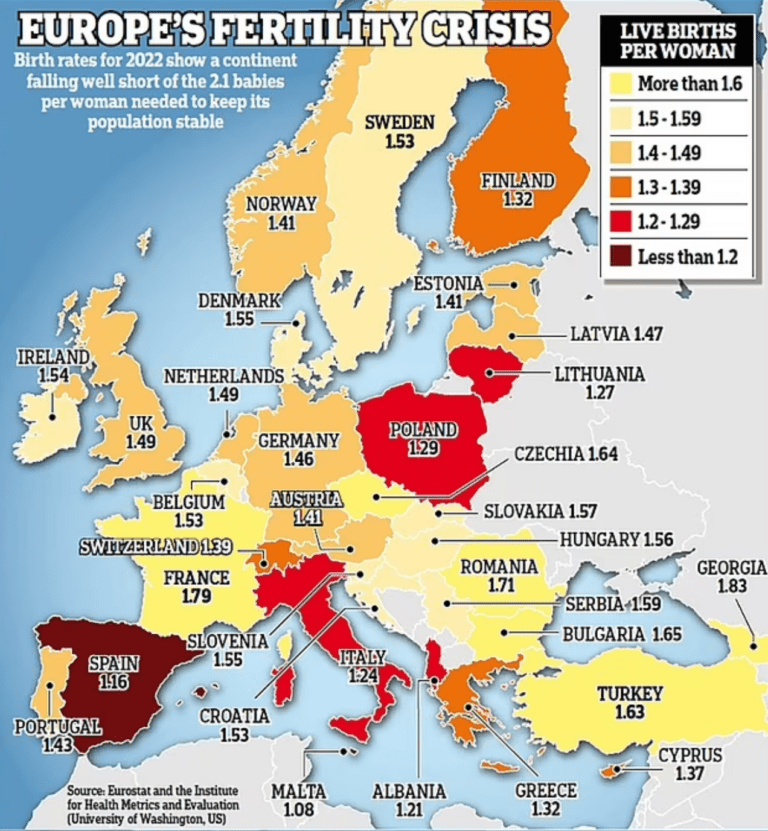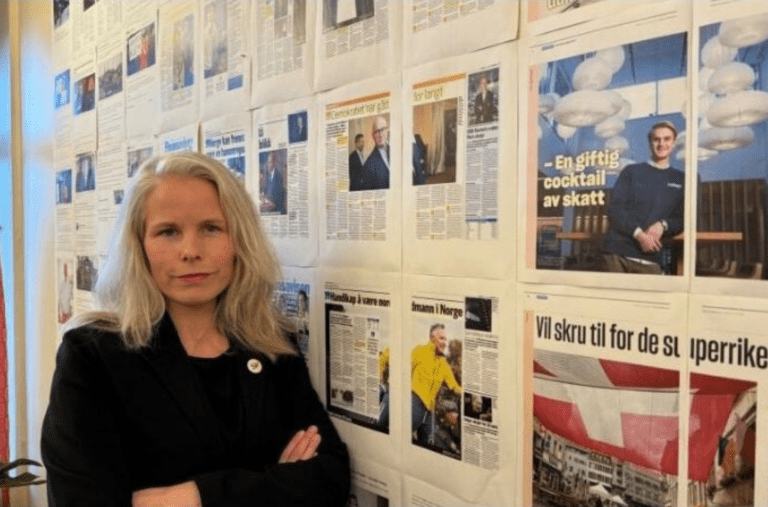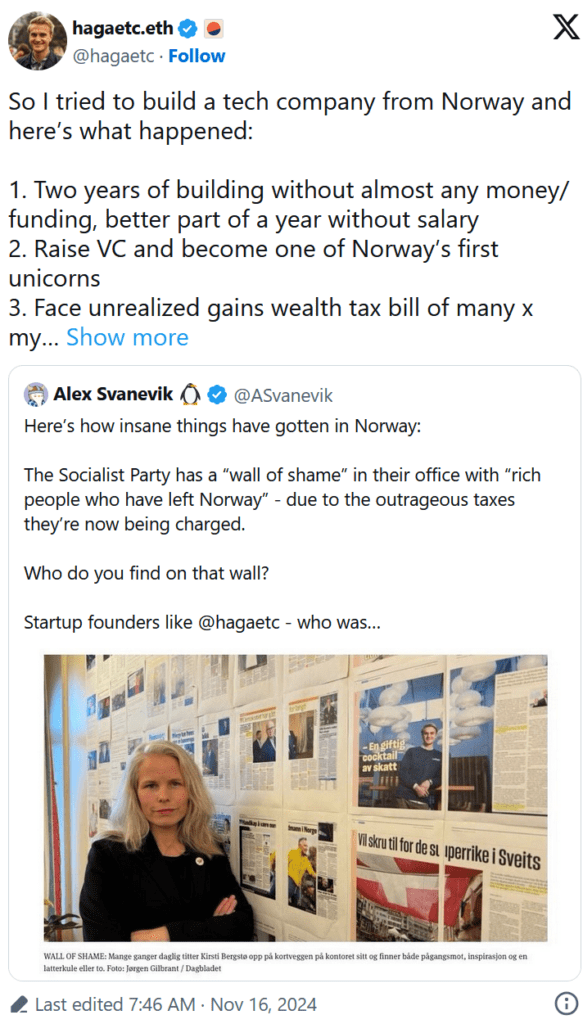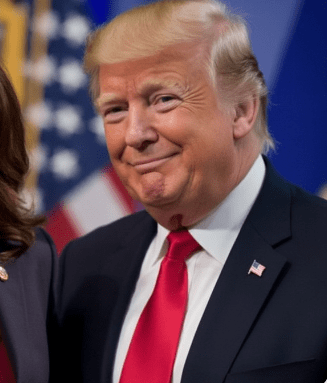In a remarkable shift in U.S. foreign policy, US President Joe Biden has authorized Ukraine to use American-supplied long-range missiles, known as Army Tactical Missile Systems (ATACMS), to strike targets deep inside Russian territory. The decision comes at a critical juncture, as Ukraine faces escalating threats from a joint Russian-North Korean military campaign in the Kursk region.
The Strategic Context
The decision to greenlight ATACMS usage follows Russia’s provocative enlistment of North Korean troops—an unprecedented development in modern warfare. An estimated 50,000 Russian and North Korean soldiers are reportedly poised to launch a massive offensive aimed at recapturing territories Ukraine secured during its bold August incursion into the Kursk region.
Allowing the use of long-range missiles is a direct response to this escalatory maneuver. U.S. officials assert that Ukraine’s ability to target critical military infrastructure in Russia and North Korea could blunt the effectiveness of this combined force, potentially shifting the momentum back in Ukraine’s favor.
A Calculated Gamble
The stakes are high for both Kyiv and Washington. Ukrainian forces aim to leverage ATACMS strikes not only to defend against the looming assault but also to bolster their negotiating position in future peace talks. By holding Russian territory in the Kursk region, Ukraine could theoretically negotiate a land swap, trading captured Russian territory for Ukrainian regions currently under Moscow’s control.
For the Biden administration, this decision reflects a calculated gamble. The move risks further antagonizing Russia while reinforcing U.S. commitment to Ukraine at a time when the geopolitical landscape is in flux.
Timing and the Trump Factor
The timing of this policy reversal is significant. In just two months, President-elect Donald Trump will assume office. Trump has consistently expressed skepticism about U.S. support for Ukraine, vowing to scale back aid and prioritize domestic concerns over foreign entanglements.
Biden’s decision, therefore, can be interpreted as a last-ditch effort to strengthen Ukraine’s position before a potentially dramatic shift in U.S. policy. The move ensures that Ukraine receives critical tools to counter Russian aggression, even as the future of American support becomes uncertain.
A Defining Moment in U.S. Foreign Policy
Biden’s authorization of long-range missile use by Ukraine represents a turning point in U.S. foreign policy, emphasizing the administration’s commitment to countering Russian aggression even in the face of changing domestic political winds.
As the world watches the developments in Kursk unfold, the decision underscores the high stakes of this conflict—not only for Ukraine and Russia but also for the future of global power dynamics. Whether this bold move will tip the scales in Ukraine’s favor or further entrench the war remains to be seen. One thing is certain: Biden’s pivot on Ukraine will leave a lasting mark on the final chapter of his presidency.




